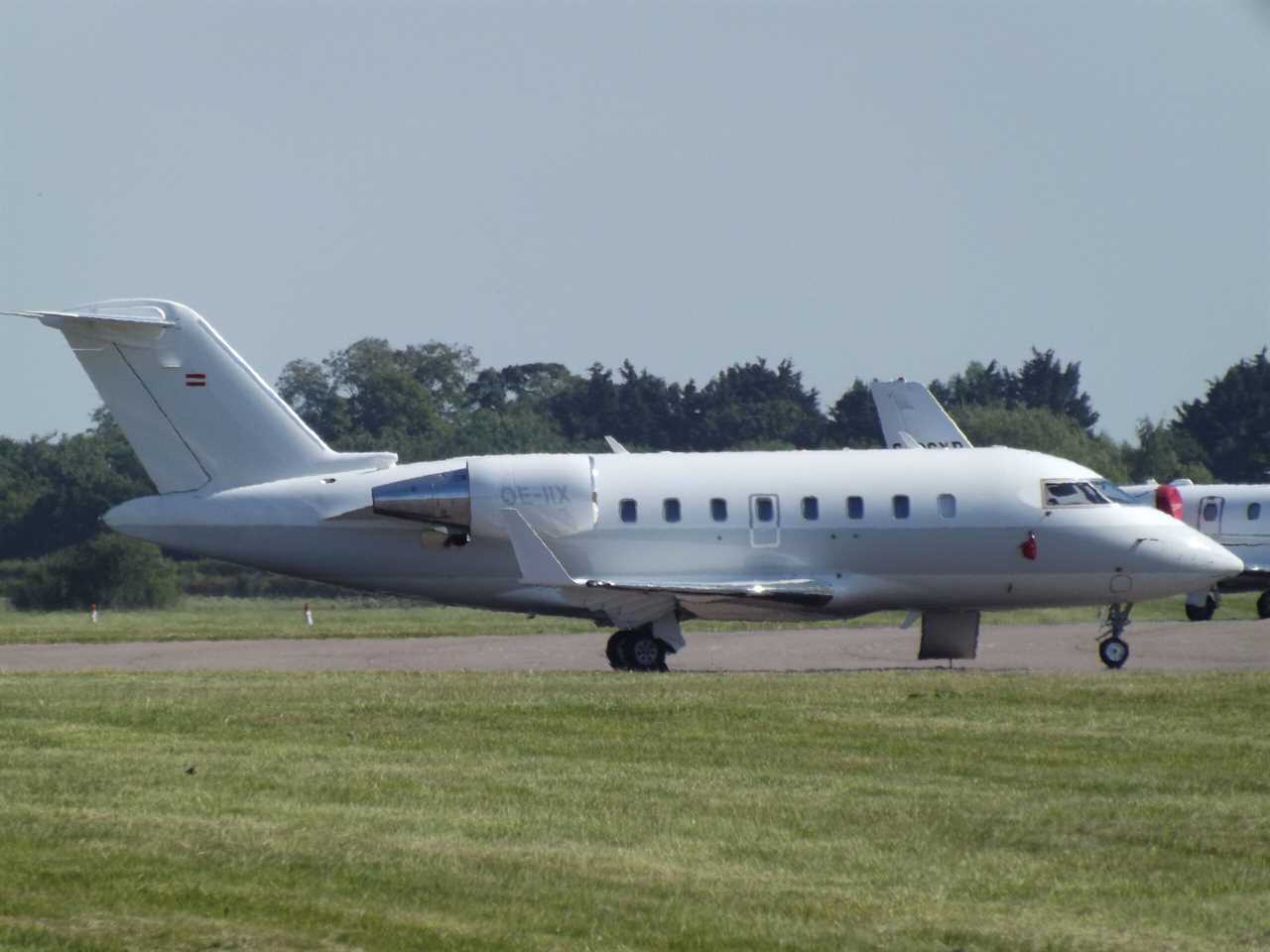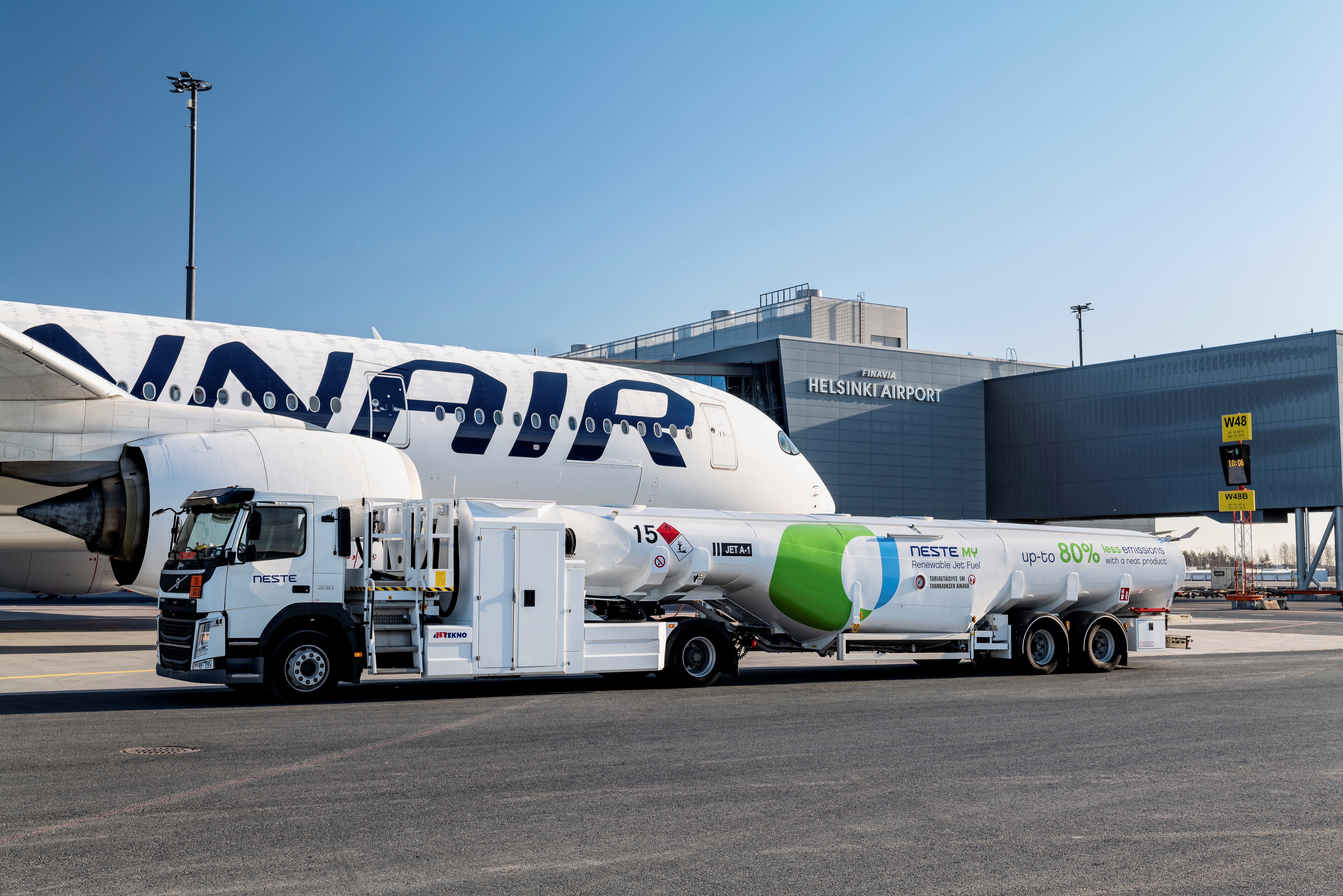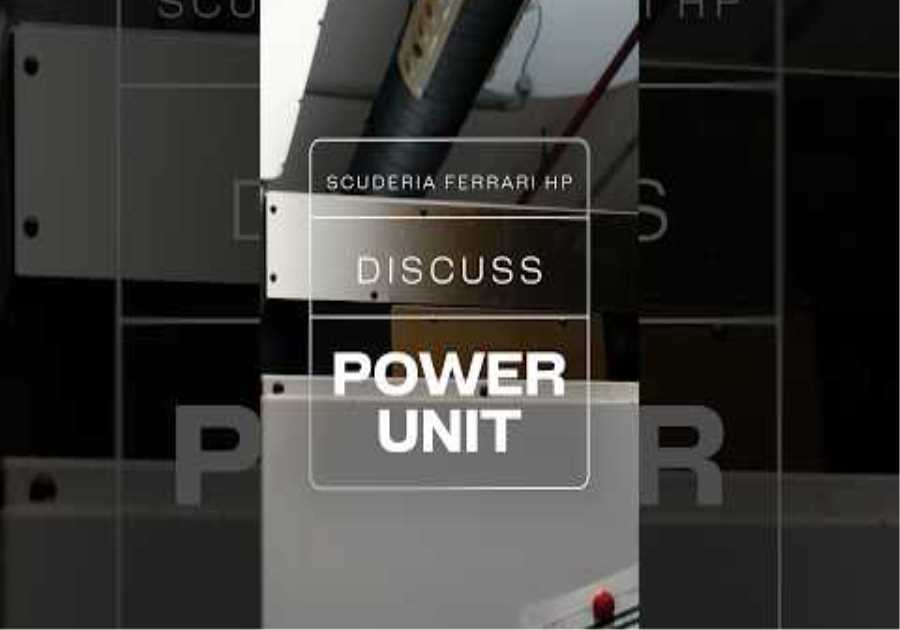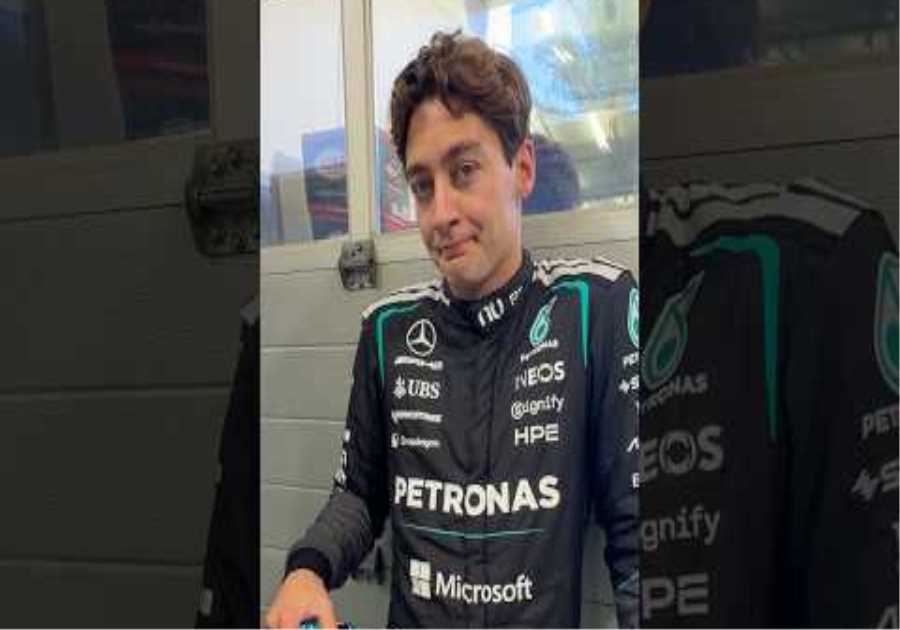
The Mercedes Formula One team has announced plans for a multi-million dollar investment into sustainable aviation fuel (SAF) to reach net carbon neutrality by 2030. The F1 team hopes to use SAF across its hundreds of annual flights to Grand Prix locations globally and for any other air travel incurred. Let’s find out more.
First sports team to invest in SAF
Sustainable Aviation Fuel is a popular topic these days, with airlines globally looking to shore up supplies and reduce their emissions. However, for the first time, a sports time has decided to invest in SAF, namely the Mercedes-AMG Petronas F1 team.
SIMPLE FLYING VIDEO OF THE DAY
It isn’t a surprise for F1 teams to be looking at reducing their carbon emissions. Mercedes predicts over 25% of its carbon footprint stems from air travel, something that must change to reach its goal of a 50% reduction in indirect emissions by 2026 and net zero by 2030. To do this, the team has planned a multi-million dollar investment to supply its operations with SAF in the future.
SAF is becoming popular across Europe, with new production sites coming up near airports. Photo: Neste
In a statement, Team Principal and CEO of Mercedes F1, Toto Wolff, said,
“Sustainable Aviation Fuel has the potential to transform the way we travel and the impact that we have on the environment. This is a topic that I think about a great deal personally as well as professionally. I fly a lot; the team flies a lot .If we must fly, then we need to find a better way to do so and SAF is the best solution available to the aviation industry right now.We aim to be on the cutting edge of change, using our global motorsport platform as a model for a more sustainable and diversified future.”
A big step
Those familiar with Formula One know how much traveling teams must do each year. This year, teams will travel to 22 race locations across North America, Europe, and Asia over eight months. Some weeks see teams flying from halfway across the world (Baku to Montreal, for instance) in a matter of days with thousands of kilograms of technical equipment transported, including the cars themselves.
Mercedes hopes to reduce its race team personnel’s carbon emissions by 50% using SAF claims, a big step forward for a sport that has been criticized for its environmental impact. The team has been carbon neutral since 2020 using offsets but hopes to go net-zero by 2030 to reduce actual emissions produced.
Lewis Hamilton sold his plane in 2019 to switch to commercial flying or catching a ride with others with private jets. Photo: Curimedia via Wikimedia Commons
Looking more closely, we know that the reigning constructor’s champions do have quite a fleet under their belt. Team boss Toto Wolff owns his own private jet, which once belonged to Niki Lauda, while Sir Lewis Hamilton sold his in 2019 in a pledge to be more sustainable. For now, expect to see SAF powering many of the commercial and private flights taken by the F1 team in a step that is likely to be replicated by teams down the paddock very soon.
What do you think about Mercedes’ decision to invest in sustainable aviation fuel? Let us know in the comments!


.jpeg)





